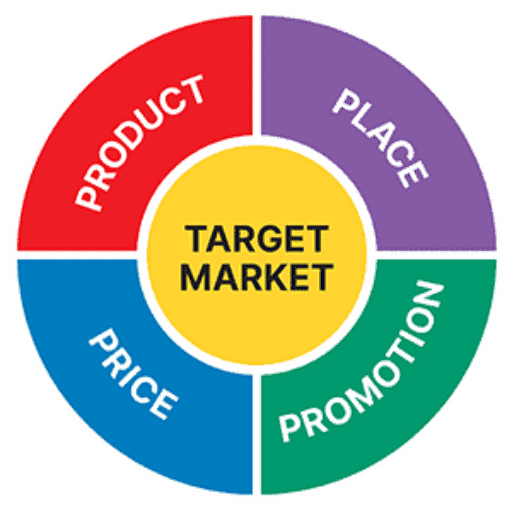It isn’t only Google and Facebook that tracks customers for advertising purposes…
Online music streaming service Spotify believes that it can someday become one of the advertising powerhouses. But like its rivals in the advertising business, Google…

Online music streaming service Spotify believes that it can someday become one of the advertising powerhouses. But like its rivals in the advertising business, Google…

The Internet of Things (IOT), which we cover in one of our What’s Next? boxes (see Chapter 8) offers some promising consumer benefits. IOT connects devices (your…

Facebook has suffered a number of self-inflicted wounds over the past year. So much so that my students joke that they must have a calendar…

Welcome back, I hope everyone had a restful and relaxing holiday with friends and family! When I saw this Marketoonist cartoon I thought it was…

Tom Fishburn recently ran this Marketoonist comic which hits close to home, particularly during holiday season. We teach students the importance of making market-based decisions…

It was recently discovered that back in 2015 Facebook allowed 3rd party Cambridge Analytica to access private data from over 50 million Facebook users without…

Advertising continues to shift away from traditional media and more to digital media. In particular, mobile advertising is the hot platform these days due to…

Powerful computers now allow software to read people’s emotions. Some of this new software and various applications are described in this article and the video below “The Technology…